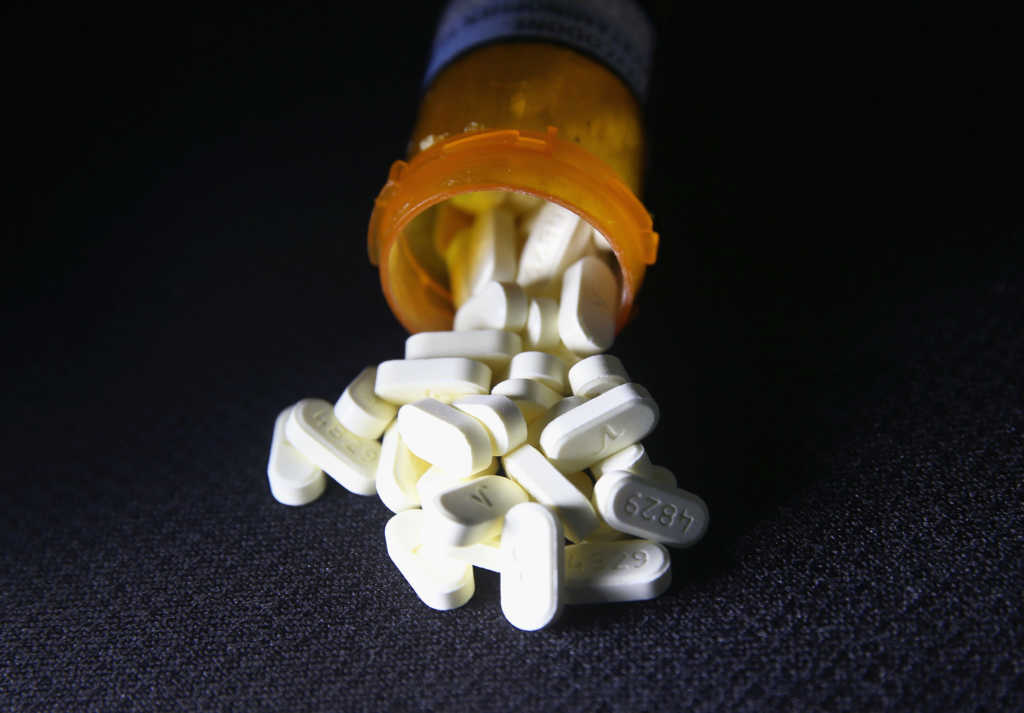The opioid addiction is a crisis of such magnitude in this country that, at the urging of the Commission on Combating Drug Addiction and the Opioid Crisis, President Donald Trump recently declared a public health emergency. Most attempts to battle the deadly addiction come in the form of other drugs, which can be addictive, or detox, which doesn’t really address the root cause of the problem.
Some churches and church affiliated organizations, however, are battling the epidemic in a much different way. And many are seeing success, including groups like The Refuge, who is helping free people from their addiction:
https://www.facebook.com/faithwirenews/videos/1980172658918851/
In South Carolina, the First Baptist of Lexington’s Celebrate Recovery Program is turning to the power of prayer. Fox News profiled two leaders, Bobby Brazell and Rebecca Jones, group leaders who were themselves former addicts.
“The program says its mission is to bring “hope, freedom, sobriety, healing, and the opportunity to give back one day,” Fox noted, with Brazell and Jones using their experiences, not just of addiction, but of recovery and hope, to “give back.”
The website for the program lists a detailed schedule involving dinner, worship and testimonies in larger groups, as well as smaller groups for more intimate sharing and support. Parents can also bring and leave their children with the Celebration Station.
Brazell had tried other recovery programs for years, but credits his faith, which he says is “a huge part of who I am and my recovery” with being drug-free for three years now. “Without it I would not be sober today,” he says of his faith.
His story of finally reaching recovery is a powerful one. “I’ve tried many ways myself to get clean but it was not until I asked God to help me…. I was in detox and I asked God either let me die right now or help me live a life free of drugs and that was when I got clean,” he explained.
He is hoping for more of these options for recovery, as he explained to Fox News. “The fact of the matter is that all of the funding and treatment that is being offered up today is focused on Suboxone, Narcan or some other medically-assisted treatment program and no one is looking at faith-based, abstinence-based treatment as a viable option,” he said.
The program started 12 years ago, with at most six members, but as the opioid crisis has grown, so have the attendees of the program, with Fox noting there are more than 130 members from across the state at weekly meetings.
Jones, being a former addict herself, says “If someone comes up to me and gives me their troubles, I’m not going to call up Mary-Sue and say so and so needs your help. I go to pray and then I sit back and I watch what God does.”
Having been off of pills for two years, Jones says she still feels the temptation, but that she gets through it with prayer. “Usually it brings tears to my eyes,” she says. “Then I say thank you, Lord. Thank You for helping me there and it makes me think of others and pray for them.”
The testimonies of Brazell, who started abusing painkillers 20 years ago so that he “didn’t have to feel reality” after two friends died in a car crash, and Jones, who took her mother’s painkillers so she could be a better caregiver to her, also highlight why people use in the first place.
With any hope, faith-based programs such as this one can truly help people feel, and want to feel, as there is a living and loving God who wants that for them.


